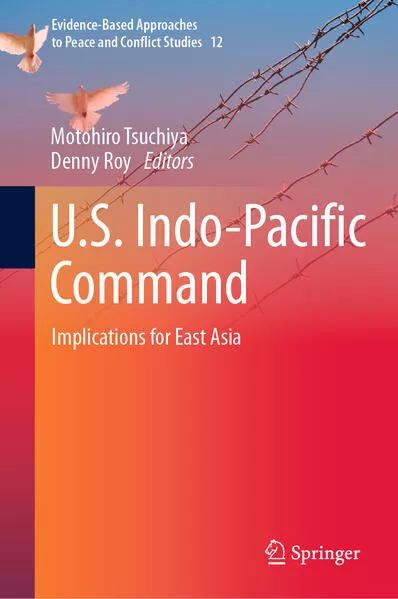
- Publikationen ca: 2
- Fragen & Antworten
Motohiro Tsuchiya
He is interested in the impact of the information revolution on international relations; global governance and information technologies; and cyber security. He has been a member of the Editorial Advisory Board of Info Journal since spring of 2008 and a member of the Editorial Board of Journal of Cyber Policy since 2015. He is also a visiting research fellow at Center for Global Communications (GLOCOM) and a visiting researcher at Institute for International Socio-Economic Studies (I-ISE).
He authored Information and Global Governance (Tokyo: Keio University Press, 2001, in Japanese), Net Politics (Tokyo: Iwanami Publishing, 2003, in Japanese), Network Power (Tokyo: NTT Publishing, 2007, in Japanese), Intelligence and National Security (Tokyo: Keio University Press, 2007, in Japanese), Network Hegemony (Tokyo: NTT Publishing, 2011, in Japanese), Cyber Terror (Tokyo: Bungeishunju, 2012, in Japanese), Cyber Security and International Relations (Tokyo: Chikura Shobo, 2015, in Japanese), and co-authored more than 20 books including Japanese Telecommunications: Market and Policy in Transition (London: Routledge, 2006, in English), Cybersecurity: Public Sector Threats and Responses (Boca Raton, FL: CRC Press, 2012, in English), The Digital Divide: The Internet and Social Inequality in International Perspective (London: Routledge, 2013, in English), Pacific Island Regional and International Cooperation: ICT Policy and Development (Honolulu: Social Science Research Institute, University of Hawaii, 2014, in English), and Information Governance in Japan: Towards a New Comparative Paradigm (SVNJ eBook series, Kindle Edition, 2016).He earned his BA in political science, MA in international relations, and Ph.D. in media and governance from Keio University.
Dr. Denny ROY’s work has focused mostly on Asia Pacific security issues, particularly those involving China. Recently Roy has written on Chinese foreign policy, the North Korea nuclear weapons crisis, China-Japan relations, and China-Taiwan relations. Before joining the East-West Center in 2007, Roy worked at the Asia-Pacific Center for Security Studies in Honolulu; the Naval Postgraduate School in Monterey, California; the Strategic and Defence Studies Centre at the Australian National University in Canberra; the National University of Singapore; and Brigham Young University. Roy’s most recent book is Return of the Dragon: Rising China and Regional Security (Columbia University Press, 2013). He has also written many articles for scholarly journals such as International Security, Survival, Asian Survey, Security Dialogue, Contemporary Southeast Asia, Armed Forces & Society, and Issues & Studies. Dr. Roy obtained a Ph.D. in Political Science from the University of Chicago.U.S. Indo-Pacific Command
The purpose of this book is to introduce readers to INDOPACOM, which is responsible for U.S. military operations in a region covering approximately 50 percent of the Earth from the Pacific Ocean to the Indian Ocean. INDOPACOM has not received much attention in Japan compared to USFJ or the US Seventh Fleet.
U.S. Indo-Pacific Command
The purpose of this book is to introduce readers to INDOPACOM, which is responsible for U.S. military operations in a region covering approximately 50 percent of the Earth from the Pacific Ocean to the Indian Ocean. INDOPACOM has not received much attention in Japan compared to USFJ or the US Seventh Fleet.

